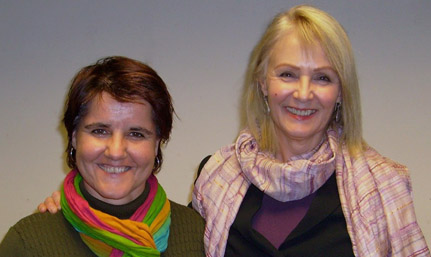Latest News Archive
Please select Category, Year, and then Month to display items
29 March 2021
|
Story Lacea Loader
![]()
1. Its support of and confidence in the leadership of the Rector and Vice-Chancellor of the UFS, Prof Francis Petersen and his team, and duly recognises the efforts and results achieved at the University during the challenges posed by the COVID-19 pandemic, as well as the current nationwide student protest on the payment of student debt.
2. In this context, the Council also distances itself and deplores the statements made by the leadership of the
Institutional Student Representative Council (ISRC), on national television on Monday 15 March 2021, as it pertained to the demand for the immediate resignation of the Rector and Vice-Chancellor, and the statements pertaining to the Chancellor, Prof Bonang Mohale, and Chairperson of the Council, Dr Willem Louw. The Council notes that Mr Katleho Lechoo, President of the ISRC subsequently retracted the utterances.
3. The Council strongly affirms its confidence in the relationship between the leadership of the UFS and the ISRC and expresses its appreciation for the University leadership’s commitment to continuously engage with students about matters of concern to them. The Council furthermore encourages positive and constructive engagement by the ISRC with the University leadership, as this contributes to shared-understanding of the challenges faced by the South African higher education sector and the governance of the UFS.
Senior professor launches new book in London
2013-05-13
|

|
Alejandra Boni (left) is an associate professor at the Universidad Politécnica de Valencia in Spain and Melanie Walker is a Senior Research Professor and Director of the Centre for Higher Education and Capabilities Research (CHECaR) at UFS.
13 May 2013 |
Melanie Walker and Alejandra Boni (Eds.) were hosted by the Institute of Education at the University of London, in April to launch the publication of their new book, titled: Human Development and Capabilities: Re-imagining the university of the twenty-first century (Routlege).
In the face of reductionist and “thin” human capital approaches to higher education globally, the book imaginatively applies a theoretical framework to universities as institutions and social practices from human development and the capability approach. The book attempts to show how universities might advance equalities rather than necessarily widen them, and how they can contribute to a sustainable and democratic society.
Picking through the capability approach for human development, in relation to universities, this book highlights and explores three main ideas:
- theoretical insights to advance thinking about human development and higher education
- policy implications for the responsibilities and potential contributions of universities in a period of significant global change and
- operationalising a New Imaginary
The book is available for purchase online and will be added to the library collection soon.